Fighting Cancer with Hormel Vital Cuisine – Food as Medicine Update
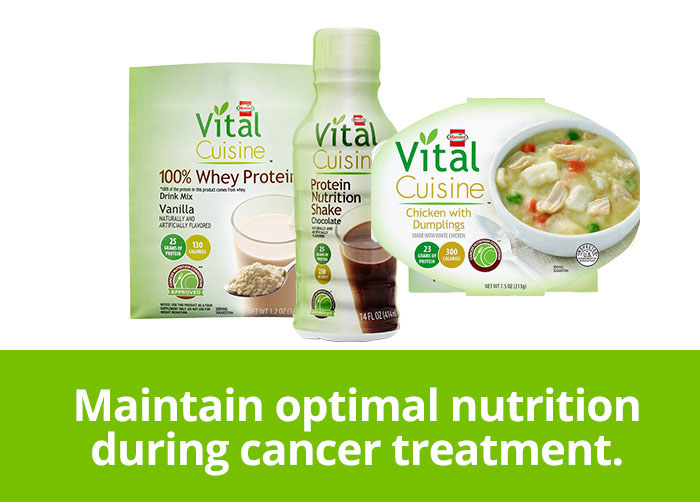
Think “Hormel,” and you may have visions of SPAM, Chi-Chi’s salsa, Skippy peanut butter, and Dinty Moore corned beef hash. So what’s Hormel doing in the title of a Health Populi post, anyway, you might ask? Like many food companies, Hormel is broadening its product portfolio expanding with health. The company isn’t just moving to healthy eating for wellness’s sake, but boldly going where most food companies haven’t yet gone: developing products for people battling cancer. Vital Choices, a well-titled line of frozen meals, was developed by Hormel in collaboration with the American Cancer Society, Cancer Nutrition Consortium, the Culinary Institute
Both Healthcare Prices and Use of Services Driving Up Spending
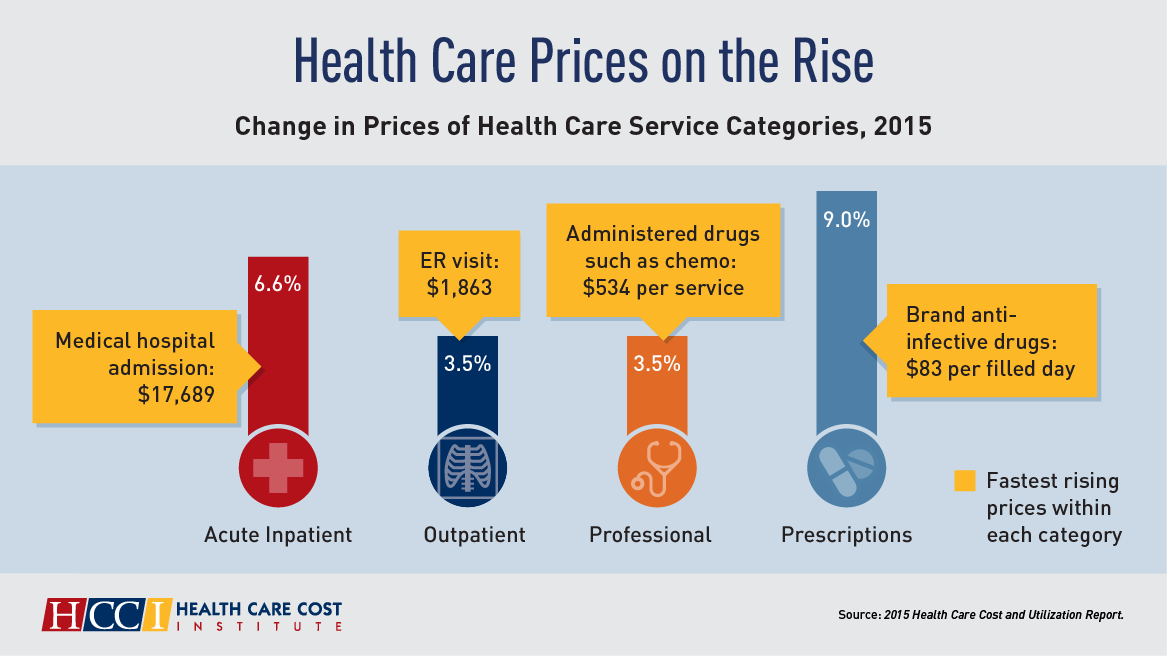
Health care spending grew 4.6% in 2015, higher than the rise in either 2013 or 2014, according to the 2015 Health Care Cost and Utilization Report published by HCCI, the Health Care Cost Institute. The key contributors to health care spending by percentage were, first and foremost, prescription drugs which rose 9% in the year — notably, specialty medicines like anti-infective drugs (such as those for Hepatitis C and HIV) costing on average $83 per “filled day.” This cost doubled from $53 per person in 2012 to $101 per person in 2015. Hospital costs saw the second greatest percentage price increase
Fitness Wearables Are Popular on Black Friday 2016
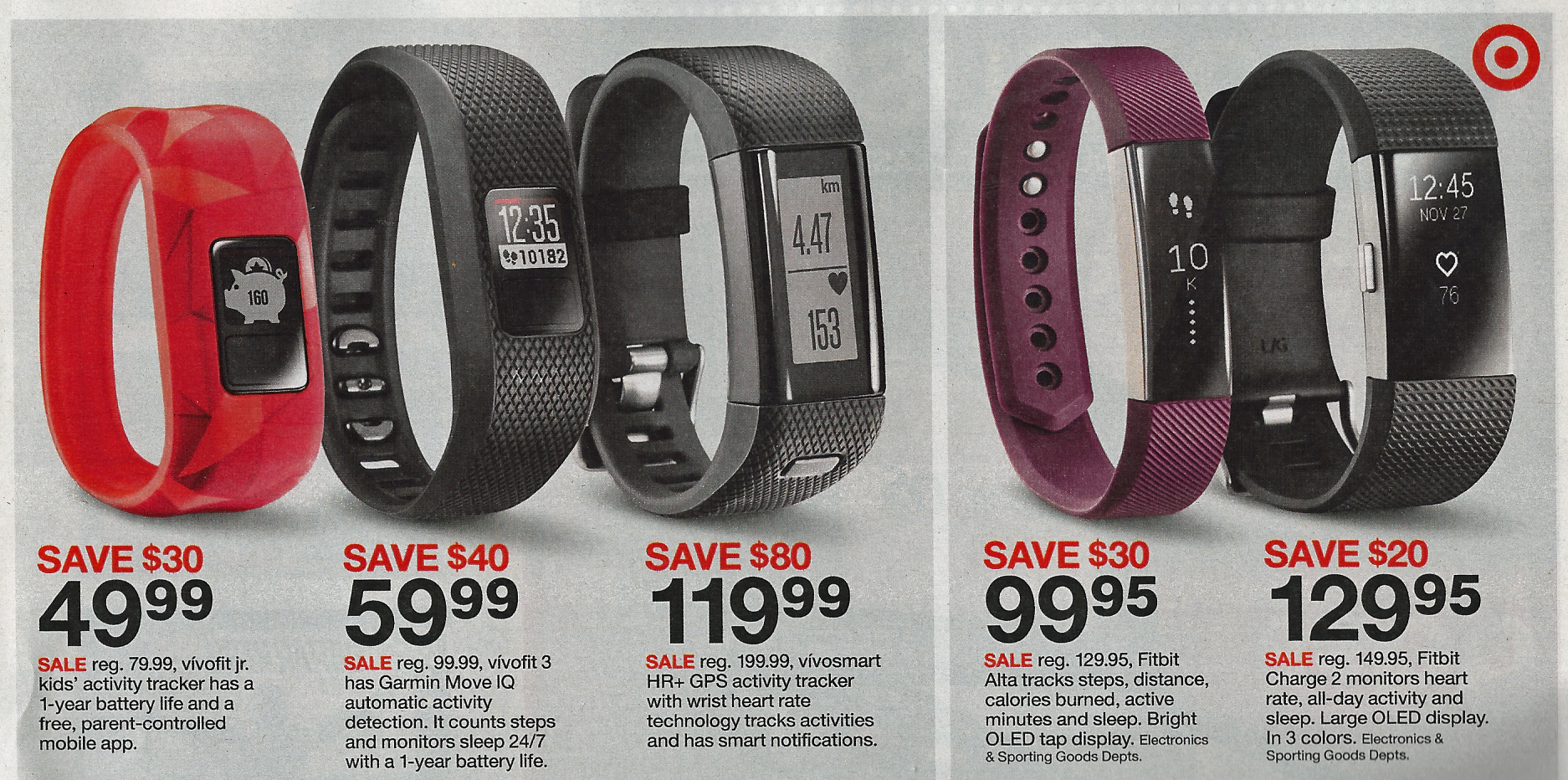
Thanksgiving is about gratitude, family and food, hopefully in abundance. In millions of American households, Thanksgiving has also come to mean holiday shopping in the form of deep discounts starting as early as 3 pm on Thanksgiving Day. Holiday shopping has become something of a competitive sport for value-motivated consumers, and fitness tracking devices will be a big seller for gift-giving. Think of this phenomenon as gifting connected and digital health for the holidays, and part of the morphing retail health landscape beyond the pharmacy and into Big Box, consumer electronics, and discount stores. The Consumer Technology Association (CTA) published
Talk #EndOfLife at the End of the Thanksgiving Meal: Engage With Grace
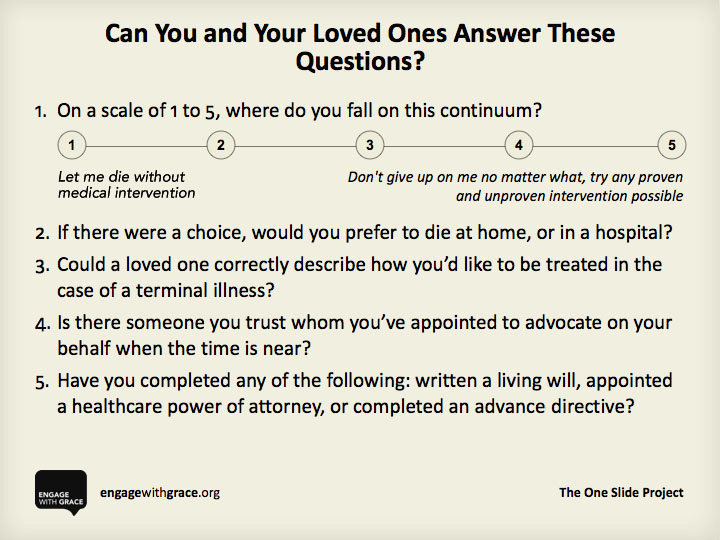
“Thanksgiving.” Merriam-Webster’s dictionary defines the word, first, as “the act of giving thanks.” Second, it’s “a prayer of expressing gratitude.” And, third, the word means a public acknowledgment or celebration of divine goodness. We each have our stories about how a loved one’s life has ended. If we’re lucky, that beloved person had a good death: in sleep, perhaps, or simply of old age with no hospital events or trauma. Then there are the Rest-of-Us who have the stories of long and painful endings, in institutional settings and costly, futile care. When you’re already in the situation of making tough health
See Me, Feel Me, Touch Me, Heal Me – What The Who’s Tommy Can Teach Healthcare
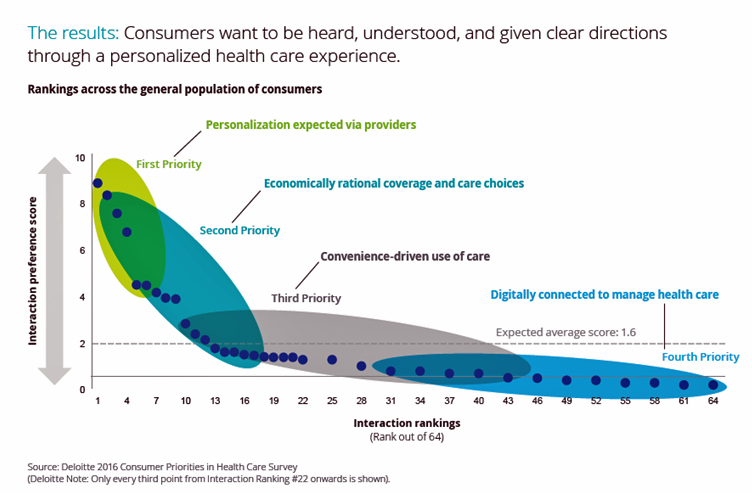
“See me, feel me, touch me, heal me,” is the lyrical refrain from The Who’s Tommy. These eight words summarize what Deloitte has learned from the firm’s latest look into healthcare consumers, published in the report, Health plans: What matters most to the health care consumer. U.S. consumers’ demands for health care are for: Personalization from doctors, hospitals, and other care providers — the most important priority; Economically rational coverage and care choices; Convenience-drive access and care experience; and, Digitally connected care. Personalization is Job 1: “Consumers want to be heard, understood, and given clear directions through a personalized health care
1 in 3 Americans Still Self-Rations Healthcare
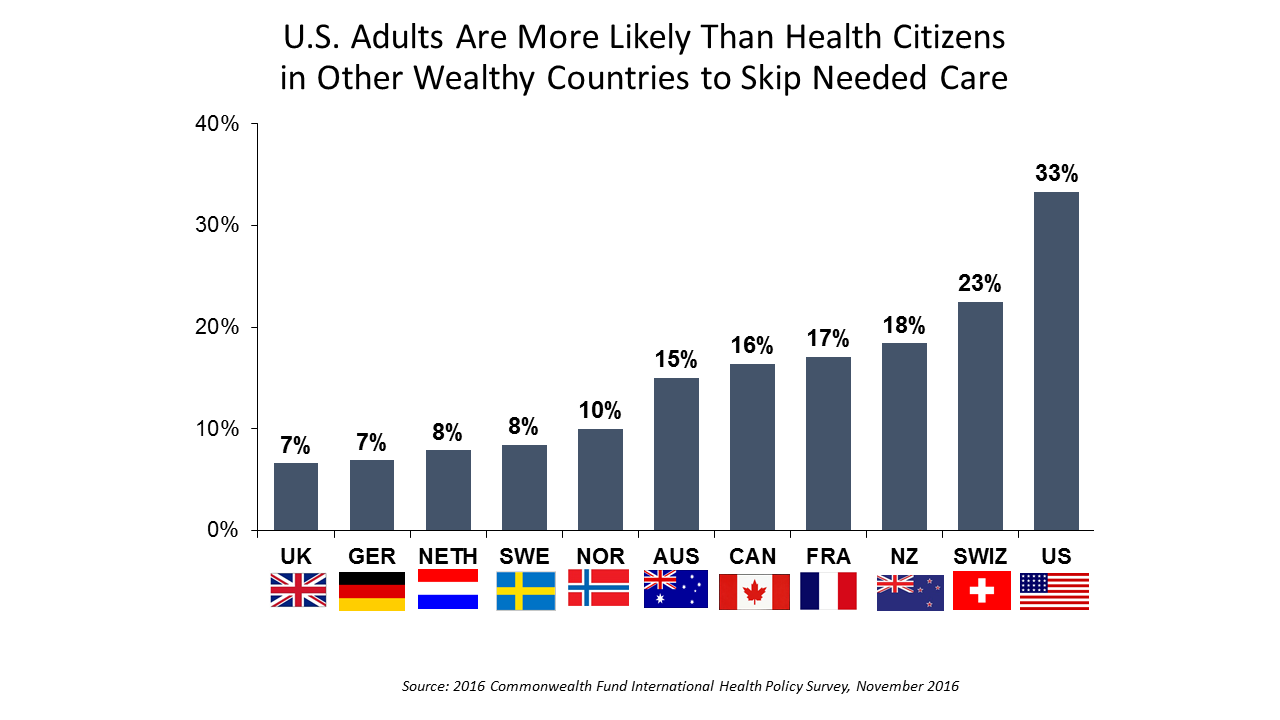
People in the U.S. are much more likely to go without health care they need compared with health citizens in 10 other wealthy countries, according to the Commonwealth Fund’s 2016 international survey. One-third of Americans did not seek care due to costs, including going without recommended care, failing to fill a prescription drug, and/or not seeing a doctor when sick. While this self-rationing proportion of Americans dropped from 37% in 2013, the U.S. still ranks #1 in foregoing necessary healthcare due to cost. “In comparison to adults in the other 10 countries, adult sin the U.S. are sicker and more
The Patient Is The Best Sensor – Consumers At the Center of Health
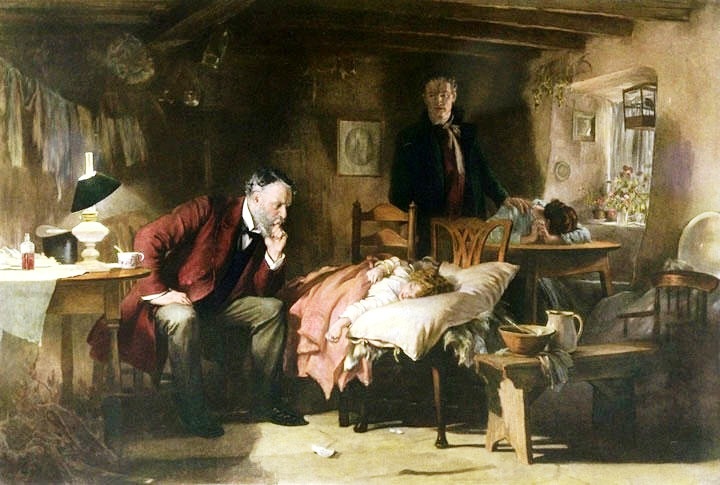
“The patient is the best sensor,” asserted Jamie Heywood, founder of Patients Like Me, during the perennial meeting sponsored by PwC, the 180° Health Forum. This event featured several panels of PwC’s curated group of so-called “provocateurs” in healthcare, and I was grateful to be one of nine selected for the event. Heywood joined Dr. Leanna Wen, Baltimore City Health Commissioner, and me in a panel called, “Strange Bedfellows or Soul Mates? The New Dating Game in Health.” The theme of our collective brainstorm was how collaborations across the ecosystem could help make health and healthcare better. The drawing is
The Growth of Digital Health @Retail
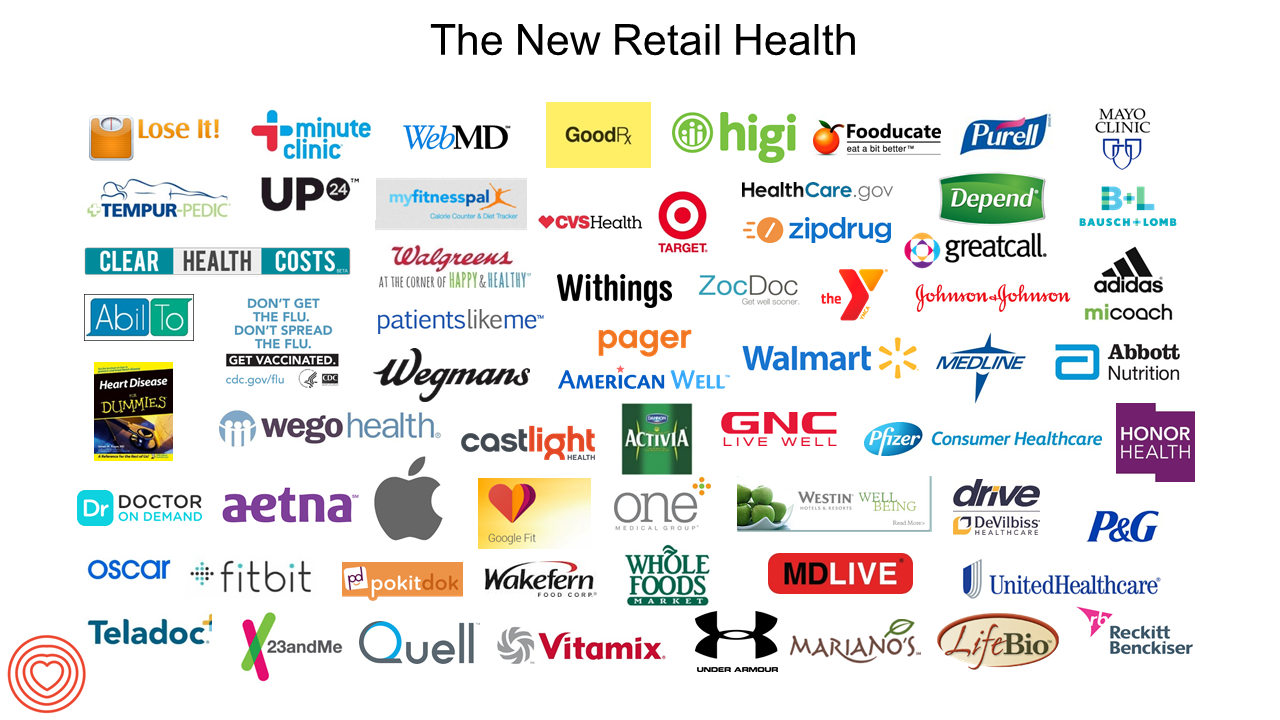
This post was written to support the upcoming meeting of the PCHA, the Personal Connected Health Alliance, to be held 11-14 December 2016 at the Gaylord Hotel in greater Washington, DC. You can follow the events and social content via Twitter using the hashtag #Connect2Health. Have you visited your local Big Box, discount or consumer electronics store lately? You’ll find expanding shelf space for digital health technologies aimed squarely at consumers. 2017 promises even more of them, aimed at helping people accomplish health tasks once performed in hospitals and by healthcare providers, or tasks not yet delivered in today’s healthcare
Digital Health Continues to Grow at CES 2017

I attended CES Unveiled in New York this week, which is a preview of what will be featured at the CES in Las Vegas in January 2017. CES, previously known as the Consumer Electronics Show, is celebrating a 50 year anniversary, having been born in Manhattan in 1967 when transistor radios, stereos, and black-and-white TVs were all the rage. Today, CES is the world’s largest innovation event, and the longest-lived. 10 of the original 1967 exhibitors still show at CES, including 3M, Philips, Sharp, SONY, Toshiba, and Westinghouse, among others. Meet George Jetson, who might have been an attendee at
Evidence That Mainstream Consumers Growing Digital Health Muscles
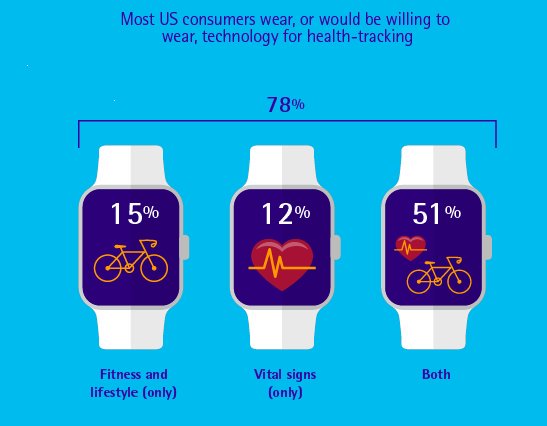
About 1 in 2 patients in the US are accessing their electronic health records in early 2016, according to Accenture’s 2016 Consumer Survey on Patient Engagement, Patients Want a Heavy Dose of Digital. This post is based on a presentation I attended by Accenture’s Dr. Kipp Webb yesterday. Accenture conducted survey research with consumers in seven countries for this study. The data and insights shared in this post are based only on the survey results from 2,225 US patients. The proportion of US health consumers accessing their health records grew from 27% in 2014 to 45% in 2016 — an increase of
Healthcare Reform in President Trump’s America – A Preliminary Look
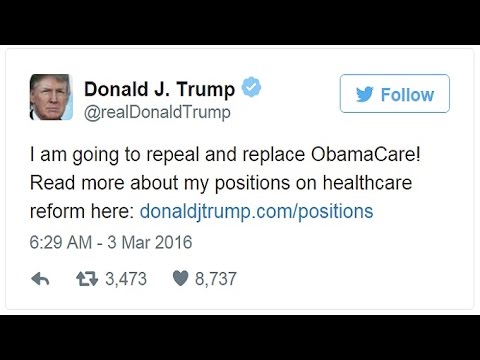
It’s the 9th of November, 2016, and Donald Trump has been elected the 45th President of the United States of America. On this morning after #2016Election, Health Populi looks at what we know we know about President Elect-Trump’s health policy priorities. Repeal-and-replace has been Mantra #1 for Mr. Trump’s health policy. With all three branches of the U.S. government under Republican control in 2018, this policy prescription may have a strong shot. The complication is that the Affordable Care Act (aka ObamaCare in Mr. Trump’s tweet) includes several provisions that the newly-insured and American health citizens really value, including: Extending health
Self-Care Is the Best Healthcare Reform

The greater a person’s level of health engagement, the better their health outcome will be. Evidence is growing on the return-on-investment for peoples’ health activation and how healthy they are. That ROI is both in survival (mortality) and quality of life (morbidity), as well as hard-dollar savings — personally bending-the-healthcare-cost-curve. But people are more likely to engage in “health” than “healthcare.” We’d rather ingest food-as-medicine than a prescription drug, use walking in a lovely park for exercise, and laugh while we’re learning about how to manage our health insurance benefits. Thus, Campbell’s Soup Company and Hormel are expanding healthy offerings,
Hospitals Need to Cross the Health Consumer Chasm
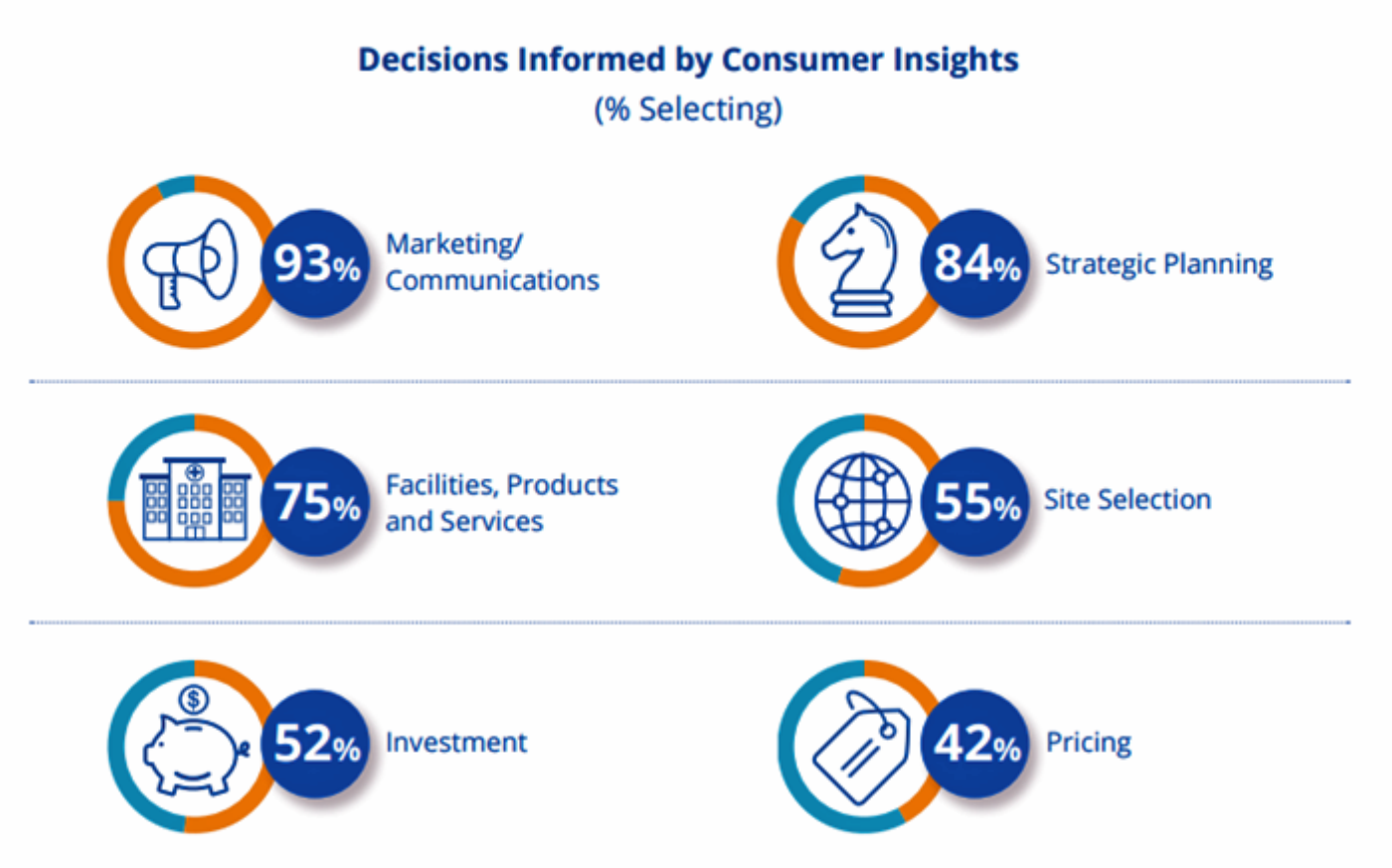
Most U.S. hospitals have not put consumerism into action, a new report from KaufmanHall and Caden’s Consulting asserts from the second paragraph. Patient experience is the highest priority, but has the biggest capability gap for hospitals, the report calls out. KaufmanHall surveyed 1,000 hospital and health system executives in 100 organizations to gauge their perspectives on health consumers and the hospital’s business. KaufmanHall points out several barriers for hospitals working to be consumer-centered: Internal/institutional resistance to change Lack of urgency Competing priorities Skepticism Lack of clarity (vis-a-vis strategic plan) Lack of data and analytics. The key areas identified for consumer centricity
Consumers Feel More Respect from Personal Care and Grocery Brands Than Pharma or Insurance
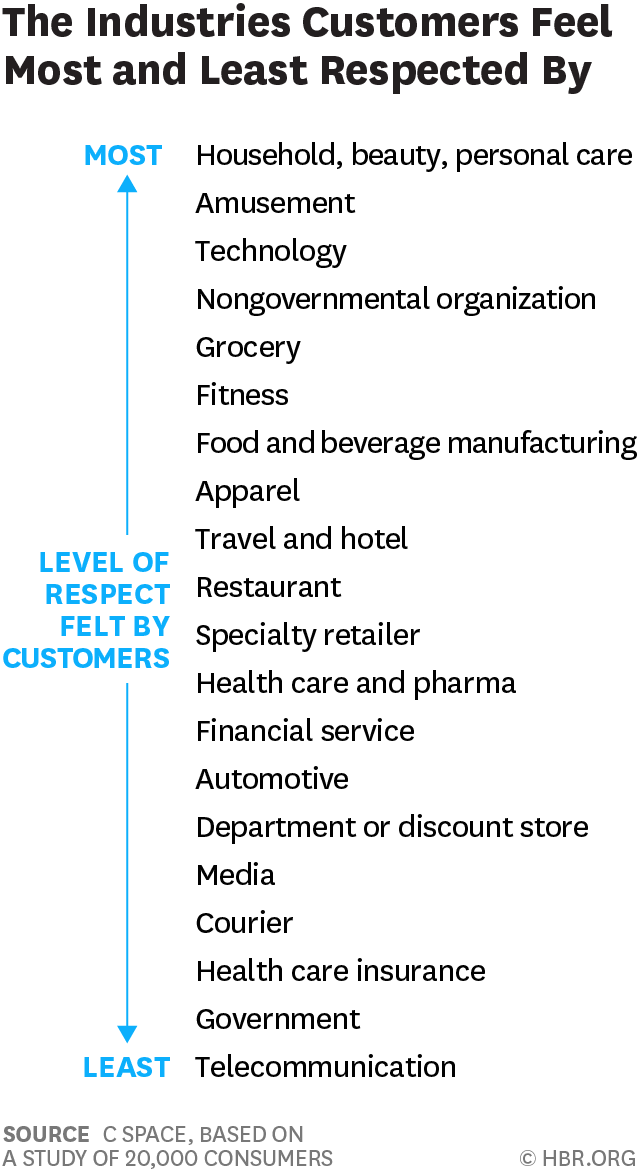
People feel like get-no-respect Rodney Dangerfield when they deal with health insurance, government agencies, or pharma companies. Consumers feel much more love from personal care and beauty companies, grocery and fitness, according to a brand equity study by a team from C Space, published in Harvard Businss Review. As consumer-directed health care (high deductibles, first-dollar payments out-of-pocket) continues to grow, bridging consumer trust and values will be a critical factor for building consumer market share in the expanding retail health landscape. Nine of the top 10 companies C Space identified with the greatest “customer quotient” are adjacent in some way to health:
Most Americans Are Trying To Lose Weight: Obesity on the Minds of Americans
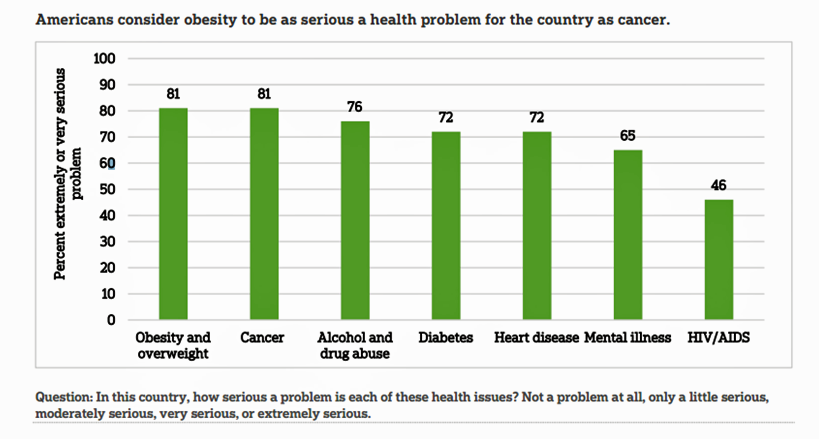
60% of Americans are currently trying to lose weight. So it shouldn’t be a surprise that when asked, “what’s the most serious health problem in the United States?” Americans say it’s obesity, tied with cancer, and ahead of heart disease and diabetes. Overweight and obesity are top-of-mind for most Americans, according to research conducted by the American Society for Metabolic and Bariatric Surgery (ASMBS) and NORC at the University of Chicago. This research has created two reports which can be accessed at the link. The survey, conducted among 1,509 consumers in August and September 2016, found that Americans’ understanding of





 I'm in amazing company here with other #digitalhealth innovators, thinkers and doers. Thank you to Cristian Cortez Fernandez and Zallud for this recognition; I'm grateful.
I'm in amazing company here with other #digitalhealth innovators, thinkers and doers. Thank you to Cristian Cortez Fernandez and Zallud for this recognition; I'm grateful. Jane was named as a member of the AHIP 2024 Advisory Board, joining some valued colleagues to prepare for the challenges and opportunities facing health plans, systems, and other industry stakeholders.
Jane was named as a member of the AHIP 2024 Advisory Board, joining some valued colleagues to prepare for the challenges and opportunities facing health plans, systems, and other industry stakeholders.  Join Jane at AHIP's annual meeting in Las Vegas: I'll be speaking, moderating a panel, and providing thought leadership on health consumers and bolstering equity, empowerment, and self-care.
Join Jane at AHIP's annual meeting in Las Vegas: I'll be speaking, moderating a panel, and providing thought leadership on health consumers and bolstering equity, empowerment, and self-care.